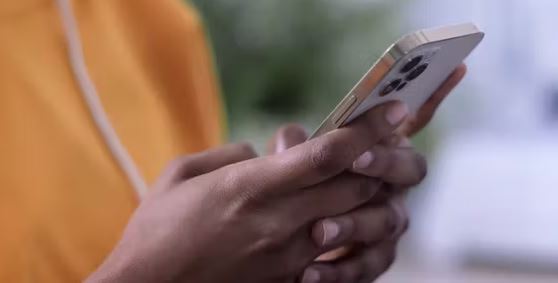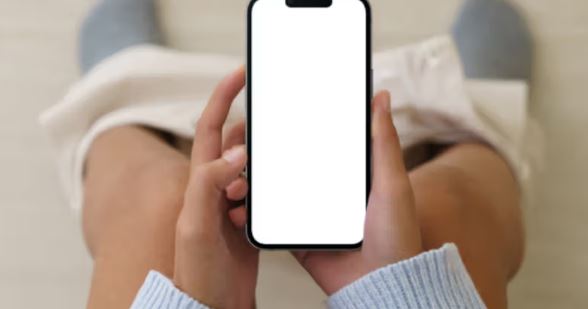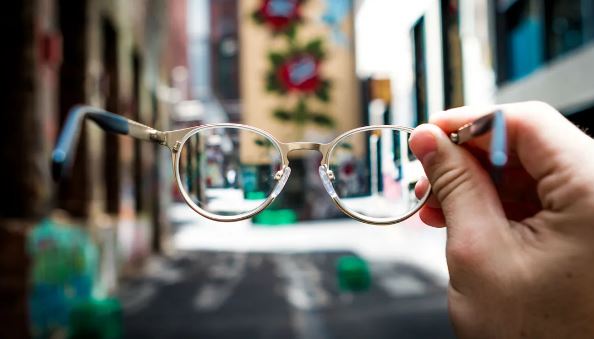Lifestyle
Eye health alert! Do not make this common mistake while using your phone

In a world of digital technology, it has become almost impossible to turn away from glaring at our phones or laptop screens.
This has become a widespread health concern, especially in regard with eye health.
Eye problems can occur due to several reasons, one of which is the constant use of phones and long hours of screen time.
But did you know using your phones in the sun could lead to partial blindness?
Well, a recent report brings forward the case of two patients who suffered varying degrees of vision loss after using their phones in the sun.
Details of the case report
The Journal of Medical Case Reports have come across a woman who was left partially blind from staring at her mobile device in broad daylight. Therefore, doctors have warned against the use of phones on a sunny day, given that it can be dangerous for the eyes.
It is believed that the blindness was caused due to some serious retinal damage following exposure to the powerful reflection of the sun on the phone screen.
Researchers report that the patients (1 man and 1 woman), whose names they have kept anonymous, were diagnosed with solar maculopathy.
Both the patients experienced long-term eye damage after exposing their eyes to the screen and the sun’s reflection.
What is solar maculopathy?
Maculopathy, also known as macular degeneration, is a disease that affects the back of the retina, called the macula. Those with maculopathy don’t go completely blind, but often lose their central vision. In case of solar maculopathy, one may experience damage of the retina and the macula due to direct exposure to the sun.
In case of the female patient, the sun damage initially resulted in difficulty distinguishing shapes that were far away. However, it was later diagnosed as “permanent central scotoma”, a blind spot that occurs in the centre of a person’s vision.
Younger people can be at risk too
Reportedly, one of the patients is a 20-year-old girl, who used her mobile phone on a beach, whereas the other patient is a 30-year-old man, who was reading on his tablet for hours while sitting on a sunny terrace at a ski resort.
While conclusions cannot be made in terms of who is at risk, it is likely that younger people are at risk of this eye problem too.
How to prevent it
According to the authors, “Solar maculopathy is a well-described clinical entity that usually occurs in patients that have gazed directly at the sun.”
However, the researchers noted that the two patients claimed that they did not gaze at the sun directly, which is why they concluded, “Sunlight reflection from a display screen needs to be considered as a possible risk factor for increased solar radiation and a subsequent risk of solar maculopathy.”
“In our report, both patients attended the clinic after having read with their mobile devices for at least three hours,” the authors added.
Hence, they recommend “using sunglasses with an appropriate filter while reading from a display in environments where solar radiation is thought to be augmented.”
What makes the sun’s rays so harmful?
The UVA and UVB radiation in the sun’s rays is said to increase one’s risk of developing a cataract or macular degeneration.
Corneal damage, cataracts and macular degeneration are all possible chronic effects from UV exposure and can ultimately lead to decreased vision, according to John Hopkins Medicine.
This is why experts recommend wearing effective sunglasses to protect your eyes from numerous eye diseases.










